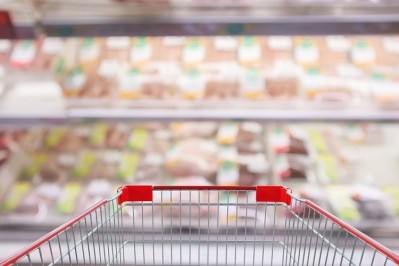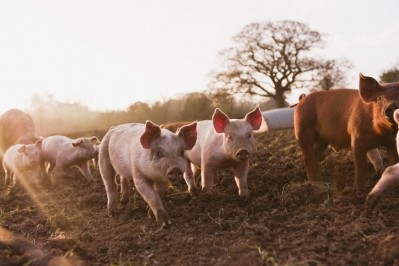Organuary looks to boost organ meat sales

The Public Health Collaboration has launched Organuary 2021 to promote organ meats in at least one meal, twice per week, within the diet throughout January.
Around a thousand people signed up to Organuary last year, revealed PHC director Sam Feltham. “This year we wish to continue raising awareness about how nutritious organ meat is as well as how helpful it can be to the environment to include it in your diet. On the whole, feedback is positive, but we realise that organ meats aren't everyone's cup of tea - yet!”
Organ meats are some of the most nutrient-dense foods on the planet, according to PHC. Heart is rich in CoQ10, which is 10 times more potent than vitamin E, making CoQ10 one of the most potent antioxidants available. Heart is also high in selenium, iron, and zinc. Kidney is high in selenium, with beef kidney the ‘best source’ of vitamins and minerals, according to the group. Stomach (tripe) and oxtails, pig tails and bison tails, meanwhile, are all rich in beneficial collagen protein.
Possible environmental benefits
Organ meats also boast potential environmental benefits, according to advocates, because they may assist in food waste reduction.
According to the National Food Survey, in 1974 the average person was eating 50g of organ meat per week but in 2014 the average person only ate 5g per week. This downward trend has resulted in lots of wasted food from livestock. In addition, organ meats are much cheaper than muscle meats.
As well as eliminating food waste, eating more offal could also help to reduce meat emissions. A study in Germany in 2019 said that choosing more meat by-products once or twice a week, such as liver, sweetbreads and tripe, could help to reduce livestock emissions by as much as 14% because if people chose to eat more offal, fewer animals would need to be reared overall.
Feltham said: “Organuary provides an opportunity to focus on including organ meats in your diet throughout the month of January. Organ meats used to be a mainstay of our diets but now rarely show up on the dinner table. In our hunter-gatherer days, organ meats were highly prized because of how satisfying they were.
“We now know that organ meats are some of the most nutrient-dense foods on the planet, particularly considering how cheap they are to buy. With that in mind, we're on a mission to bring organ meats back to our tables to minimise waste and maximise nutrition."
The Organuary initiative is supported by the Association of Independent Meat Suppliers (AIMS). “Organuary will help remind consumers of the great value for money as well as the environmental benefits which are derived from eating more of the animal,” said Tony Goodger, a spokesperson for AIMS.
Despite lagging on the domestic front, the UK enjoys substantial export sales for offal. Figures from HMRC for 2020 (Jan to September) show a year-on-year sales increase of 16.6% to £150 million with volume growth of 3% to 115,946 tonnes.

























